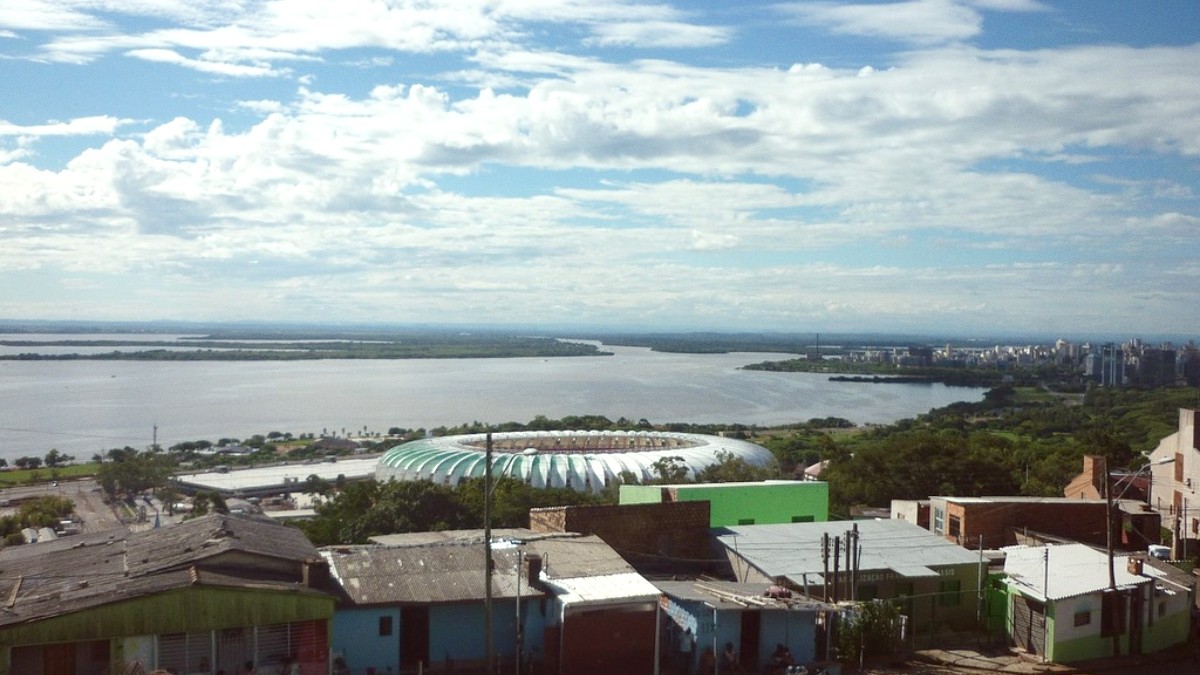
The South, Brazil
Useful for navigation, directions, and real-time traffic updates. Download offline maps.
Ride-sharing apps for transportation around the city.
Translation apps overcome language barriers. Download the Portuguese offline language pack.
Widely used in Brazil for communication, including with tour operators and hotels.
Consider an Airalo eSIM for immediate connectivity upon arrival.
Search "Prefeitura de Porto Alegre Turismo" for official city information (mainly in Portuguese).
The official Brazilian government tourism portal for general information.
Visit LATAM, GOL, and Azul websites for flight information and booking.
For long-distance bus schedules and tickets, check sites like Planalto, Cometa, or Eucatur.
Search "Agenda Cultural Porto Alegre" for current cultural events, concerts, and exhibitions.
For a deep Porto Alegre focus, look for local city maps available at tourist information centers. These maps often highlight attractions and transport routes.
Explore works by prominent Gaucho writers like Érico Veríssimo or Lya Luft for cultural insight into the region. Books on Brazilian history also provide context.
Jornal Zero Hora (ZH) is the major local newspaper with current news. Guia Poa is a local entertainment guide.
Ensure mobile connectivity by purchasing a local SIM card or activating your eSIM upon arrival.
Buy an universal travel adapter compatible with Brazil's Type N sockets and 220V.
Download offline maps of Porto Alegre and any necessary translation apps for use without internet.
Save emergency numbers to your phone and write them down in a notebook. This maintains access even without a charged phone.
The traditional herbal tea. A shared ritual, accept if offered by taking a sip and passing it back.
Brazilian barbecue. A social event and a staple of Gaucho cuisine.
Traditional music of the region. Distinct rhythms and themes.
Historically, Gauchos were skilled horsemen. This heritage remains present.
While not seen daily, traditional clothing appears during festivals and cultural events.
Porto Alegre balances urban modernity with these deep-rooted traditions.
Portuguese is the official language. A few basic phrases aid daily communication.
"Tudo bem?" is a common and friendly greeting/response. Use it often.
Brazilians tend to have less personal space. Expect closer interactions during conversations.
Porto Alegre's parks and waterfront offer relaxing outdoor spaces, popular with locals for exercise and leisure.